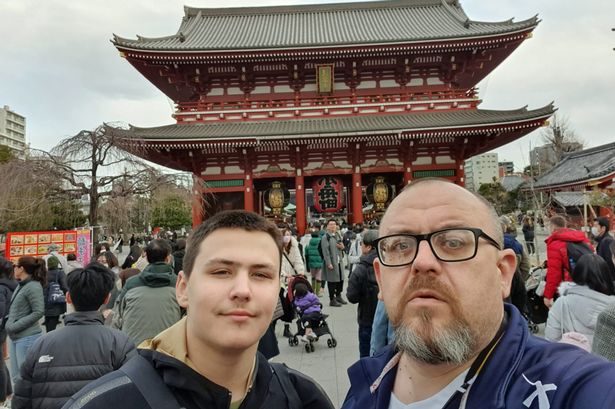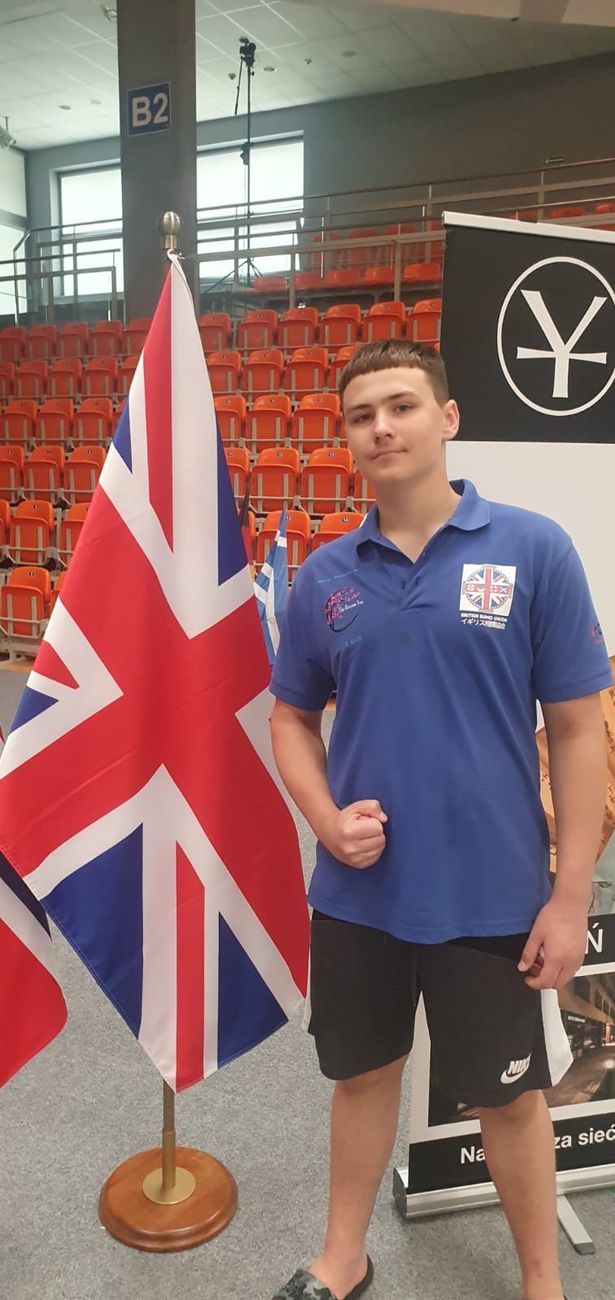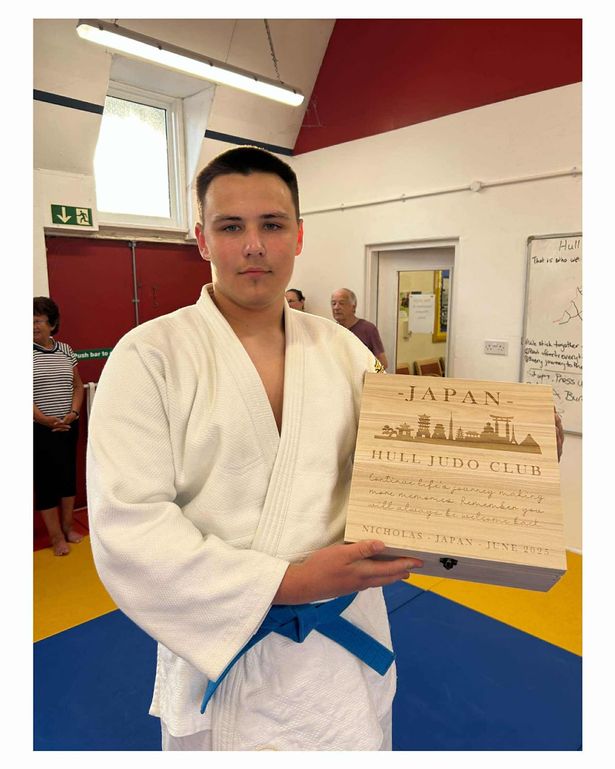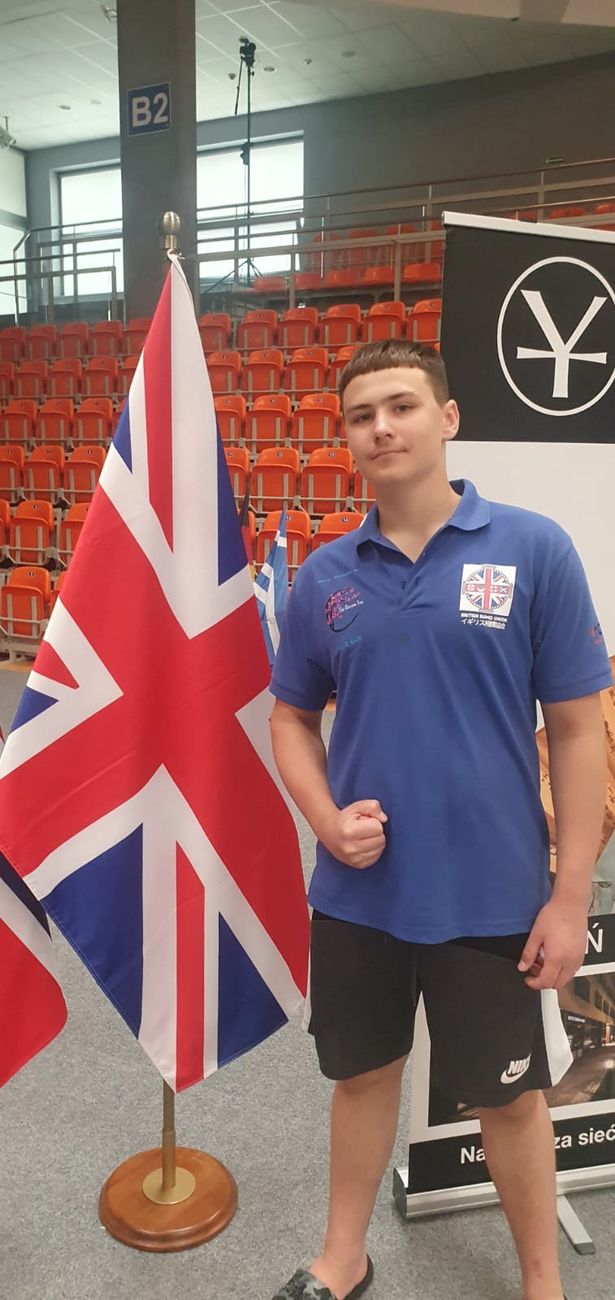
A 15-year-old boy from Hull has earned the opportunity of a lifetime to become a pro Sumo wrestler after winning scores of Judo medals and learning Japanese.
Nicholas Tarasenko leaves for the Minato Stable in Japan on Thursday, June 19, having finished his GCSEs at Trinity House Academy. There are 45 stables – or Sumo schools – in Japan and each one can only have one foreigner maximum, which makes Nicholas’ achievement all the more remarkable.
He is the first person from Britain to join a Sumo stable since Londoner Nathan John Strange (under the name Hidenokuni Hajime) in 1989. As Nicholas’ proud dad Georgi Zilkin points out, there are more astronauts from Britain than Sumo wrestlers.
When asked if he was at all nervous about his son moving abroad, Georgi joked: “I live away from my mum and most people do – but with him, it has just happened a bit earlier! All children have to go and find their way in life.”
Georgi said he also feels reassured because Sumo is such a respected sport and Nicholas will be taken good care of and effectively “adopted into the family”. He said: “They are considered his parents from the moment he enters the club.”

(Image: Georgi Zilkin)
Nicholas was chosen based on his “raw ability” and work ethic, his father said. Georgi added: “He was learning Japanese every day at 5am, waking up in the morning because of the time difference to speak to his tutor online.
“What is praised there is commitment because anyone can push and do some moves, but it is total commitment to the sport that is required that is why it is so complicated to get in there. Not everybody is ready to have this kind of commitment. He said Japan is the best country he has ever been to.”

(Image: Georgi Zilkin)
Georgi said some people unfamiliar with Sumo assume Nicholas is travelling to Japan for a single competition, but it is more of a way of life.
“He is getting a job as a professional Sumo wrestler,” Georgi said. “The job will consist of him living there in the clubhouse of this Sumo stable and training there.
“Basically, his job is to train and perform in the competitions which happen every two months. At first, it doesn’t pay much, but if he gets to top divisions the salary increases tremendously.”


